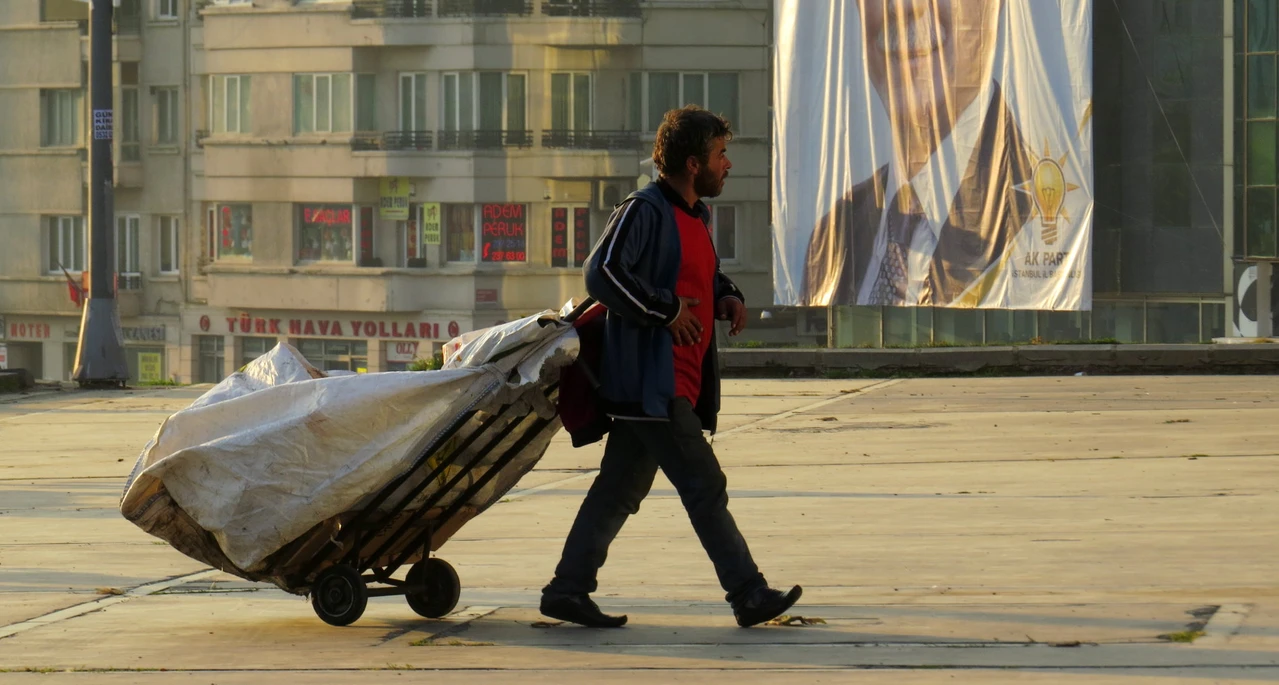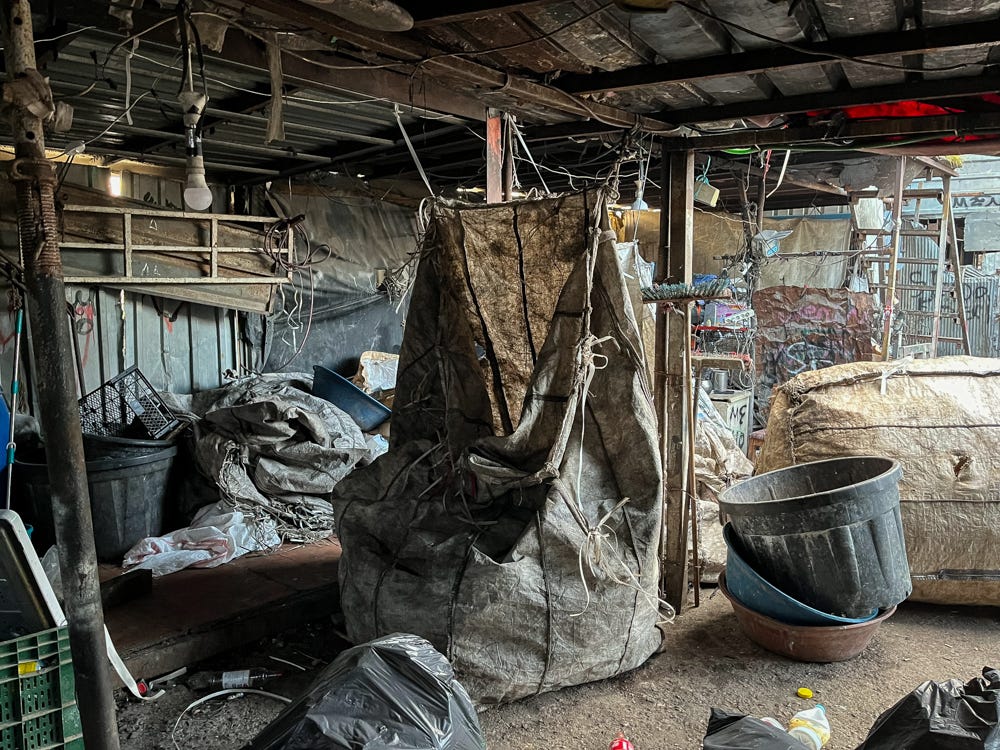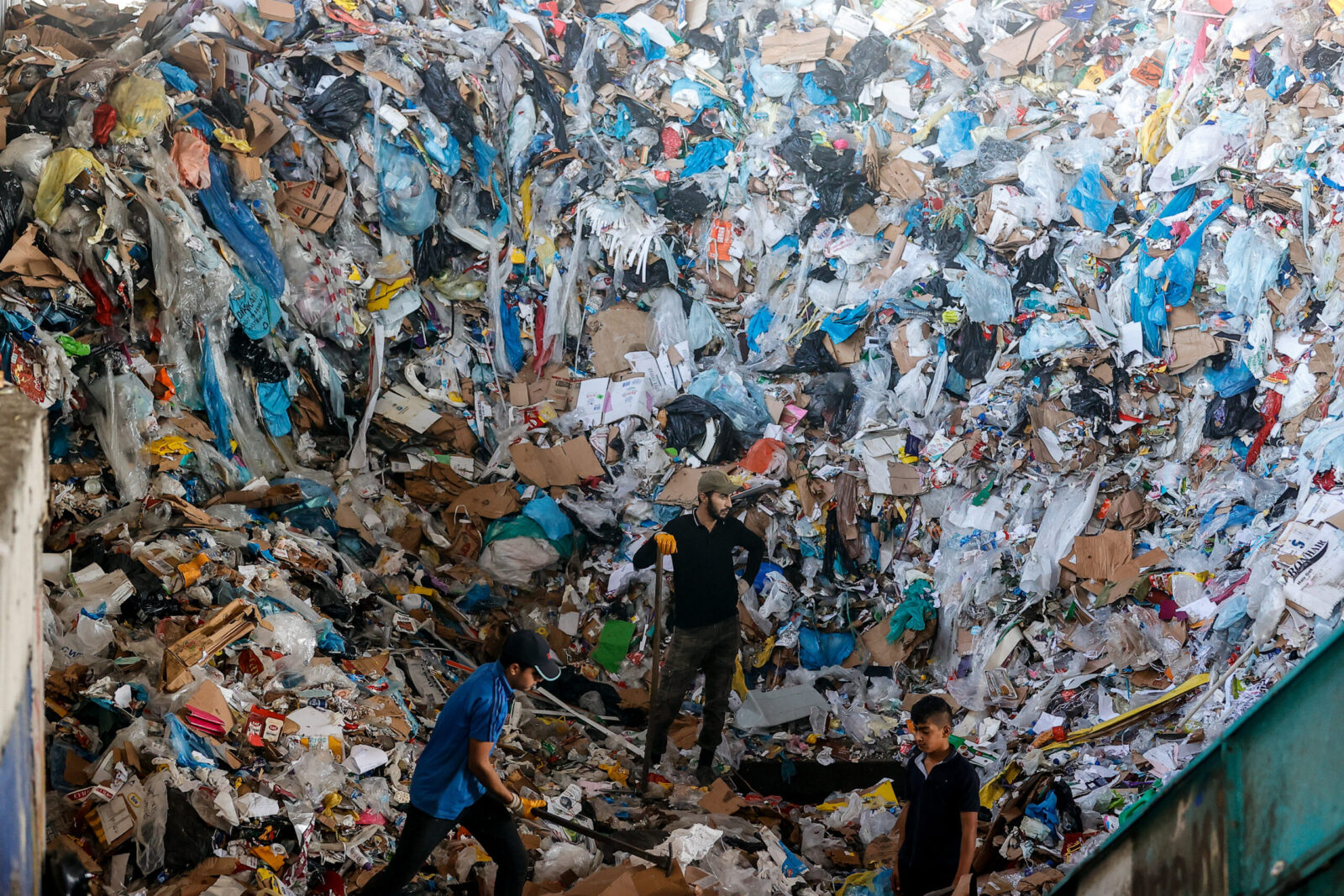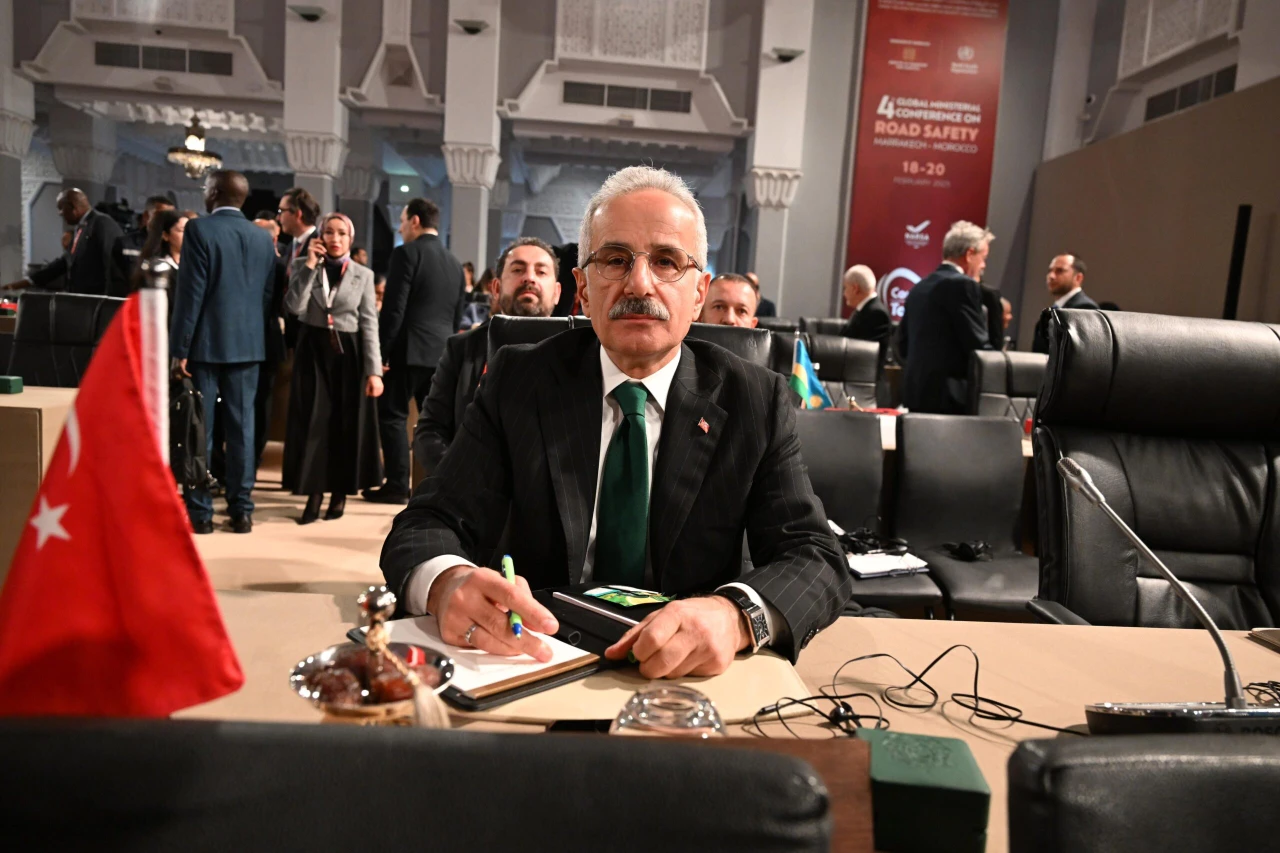Türkiye’s drive to boost recycling puts pressure on informal waste pickers
 Waste picker in Türkiye. (Photo via Sonia Dias)
Waste picker in Türkiye. (Photo via Sonia Dias)
Informal waste pickers in Türkiye, known as “cekcekci,” have long been vital to the country’s recycling efforts. Numbering around 500,000, they handle approximately 80% of all recyclable waste. However, despite their important role, these workers generally live precarious lives, often informally of their own volition and without access to basic services such as social security or health care.
As Türkiye pushes to formalize its waste management system, many of these informal workers now face increased challenges.
Migration and national sentiment
A significant number of informal waste pickers are migrants, coming from conflict zones such as Afghanistan and Syria. This has coincided with a rise in negative sentiments against immigrants, particularly waste pickers.
The media, for instance, has labeled them as “urban bandits.” Calls to end informal waste-picking practices have grown louder, adding to the pressures these workers face.

Industry voices and recycling challenges
Yavuz Eroglu, chairman of the Turkish Plastics Industrialists’ Research, Development and Education Foundation (PAGCEV), a non-profit organization that promotes plastics recycling, said Türkiye’s informal waste collection system is “the main problem”, The Conversation reported.
According to Eroglu, this unregulated system prevents efficient recycling and hinders Türkiye’s ability to improve its standing in the global recycling market. Currently, only 12% of the country’s municipal waste is recovered, according to the Turkish Statistics Institution, and the amount recycled remains unclear. To sustain operations, recycling companies need a steady stream of raw materials, a requirement that the informal sector struggles to meet.
Government initiatives to formalize waste management
In 2022, the Turkish government launched an initiative to regulate and formalize waste collection, mandating that local authorities work only with licensed recyclers and registered pickers. This move was intended to streamline recycling efforts and boost the sector. However, the shift has led to resistance among the cekcekci community, prompting them to advocate for their rights and seek formal recognition.
In cities like Istanbul, local municipalities have begun creating cooperatives to integrate informal waste pickers into the formal system. For example, Sisli municipality set up a cooperative in 2023, aiming to register waste pickers, issue ID cards, and designate official collection zones. Although similar models have emerged across Türkiye, many informal workers still find themselves excluded from the new system.

Rising dependency on imported waste
The crackdown and formalization have had tangible effects. Interviews conducted with waste collectors, junk shop owners and waste traders in Istanbul between March and April 2024 reveal a noticeable decline in waste-picking activities since 2021. This decline could lead to a reduction in domestic recycling rates, forcing Türkiye to rely more on imported waste to sustain its recycling facilities.
In 2022, Türkiye was already the largest importer of waste from Europe, accounting for 39% of the continent’s waste exports. This included about 400,000 tonnes of plastic, highlighting the country’s dependency on foreign waste to keep its recycling industry funded.
Environmental and health impacts of waste imports
The increase in imported waste has raised serious concerns about environmental and human health. A Greenpeace report from 2022 revealed that toxins from imported plastic waste had contaminated fruits and vegetables grown in the fertile Cukurova valley, a major agricultural hub.
As domestic waste collection declines, the situation risks creating a vicious cycle: lower recycling of Türkiye’s own waste, growing dependence on imports and greater risks to the environment and public health.

Uncertain future of informal waste pickers
The future of informal waste pickers in Türkiye remains unclear. As the country continues to formalize its waste management sector, there is an urgent need to address the challenges faced by the informal workforce.
While the move toward regulation aims to streamline the industry, the informal workers who have long kept the sector afloat must not be overlooked.



